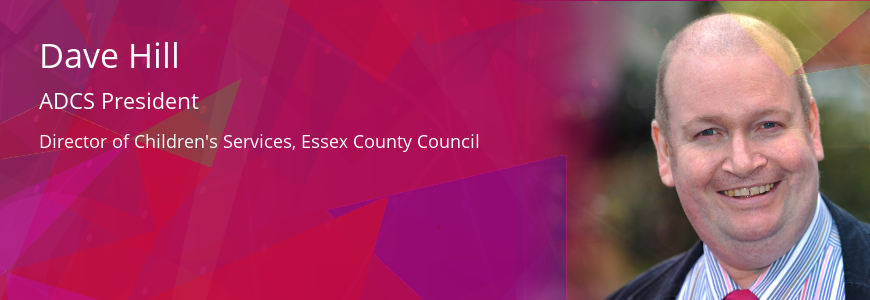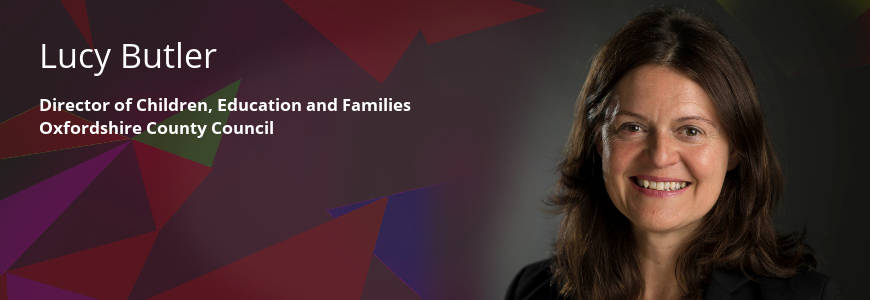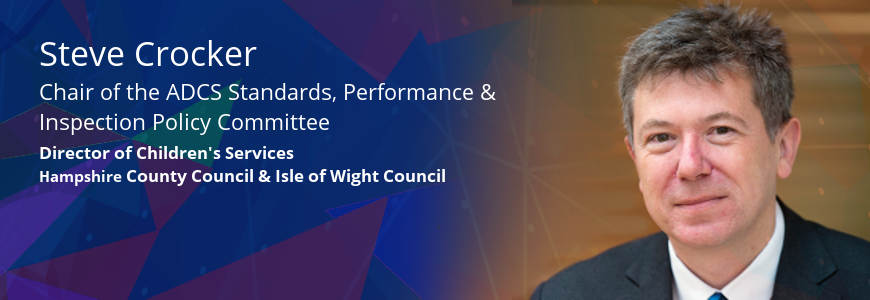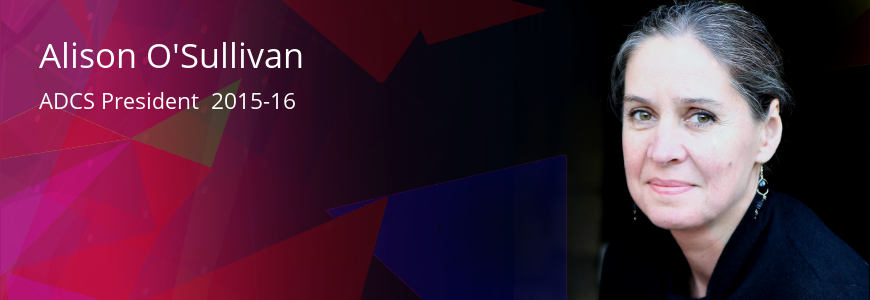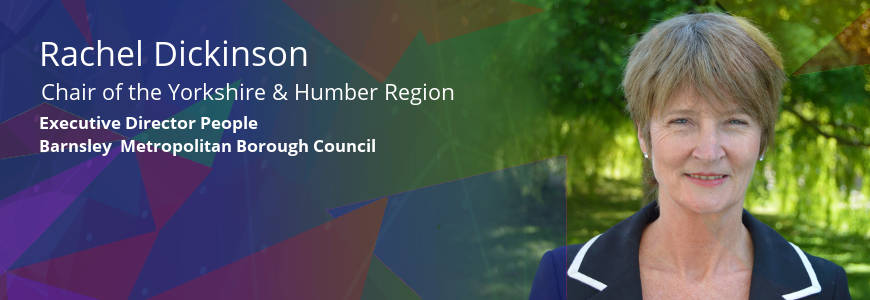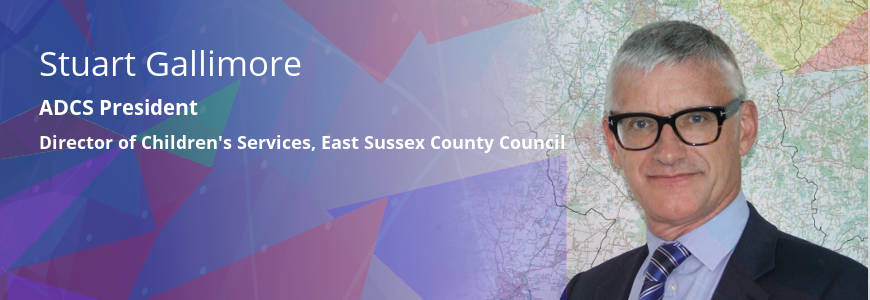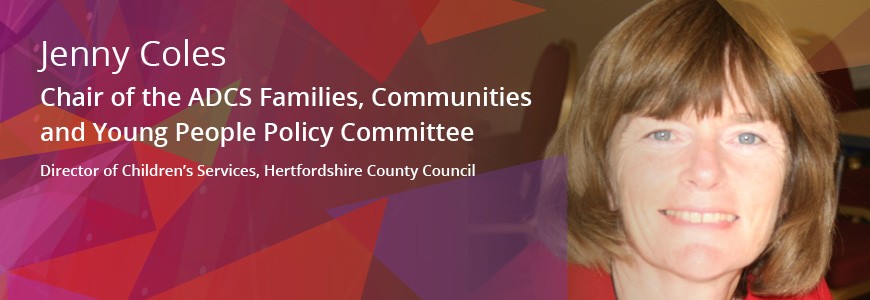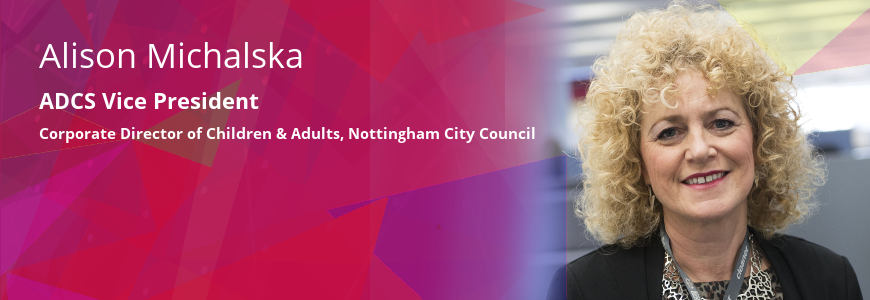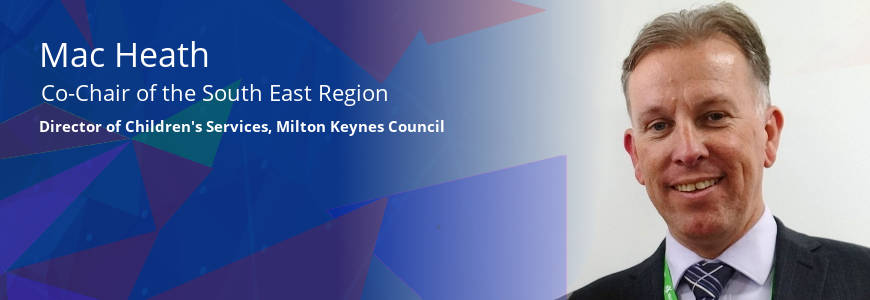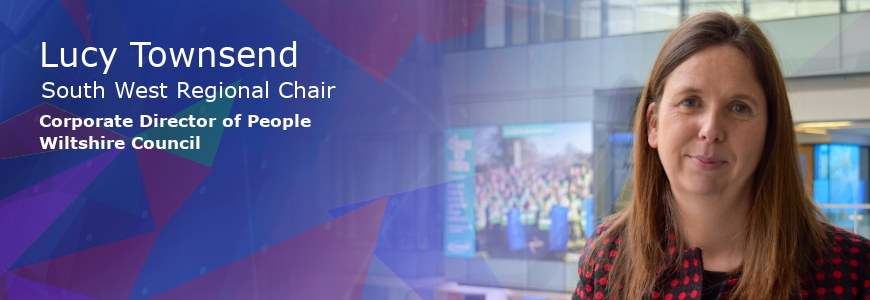Trying to remain optimistic!
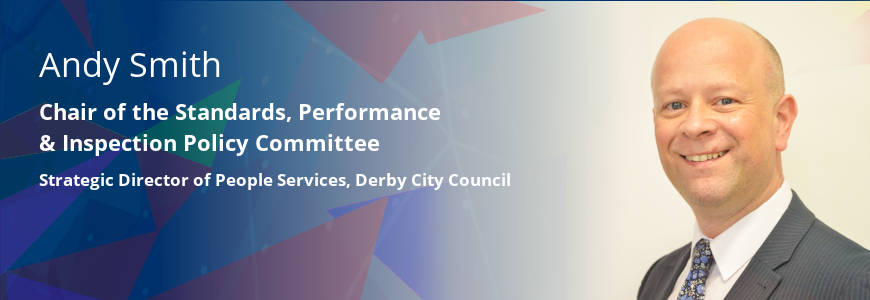
Does anyone else feel like any downtime we had with our family and friends over the festive period was a long time ago? As I write this in my little office at home, surrounded by a plethora of festive chocolate and sweets yet to be devoured, I’m clinging onto the positive and warm feelings that Christmas instils in me, still determined to build more visits to the gym into my weekly routine.
As we say goodbye to one year, you inevitably start to think about the year ahead and what’s to come. This time last year none of us could have imagined the massive shocks we have experienced in the wider economy and the eyewatering impact this had, and continues to have, on our communities. I hope that in 2023 we will see a greater sense of calm and stability and that the cost of living crisis becomes something we talk about in the past and not present tense. I know there’s some distance to travel yet.
Ever the optimist and with a glass half full, we are expecting some significant responses from the Department for Education this year. Arguably of real importance will be the government’s response to the Independent Review of Children’s Social Care which, through ADCS President Steve Crocker’s leadership, ADCS has been actively engaged in and could be transformational for children’s services. We also anticipate responses to the consultation on AP and SEND and hold our nerve to see how much of the Green Paper translates into a White Paper.
Where my propensity for optimism is currently being challenged is through the reflections and discussions we’ve been having at the Standards, Performance & Inspection (SPI) Policy Committee about the DfE consultation on supported accommodation standards for 16 and 17 year olds. I’ll Ignore the fact the consultation arrived later than we were expecting and with the festive period compressing the time to respond. The proposals outline significant changes for the sector which if not landed properly has the potential to result in some big unintended consequences. You can read the ADCS response to the consultation here.
It’s positive that one of the proposals is to register providers and not individual settings, something that ADCS was pushing for from the outset. We know from the survey Ofsted did last year (and the resultant blog) that one of the big differences in this market, compared say to children’s homes, is that there are many more locally run, smaller providers, often rooted in a place which means young people are much more likely to live in their community. This clearly is better than being placed at a distance. Through the SPI committee, we’ve pushed on developing standards that are proportionate and reflect the differences in accommodation, arrangements and needs between registered children’s homes and accommodation providers for 16 and 17 year olds. This has been achieved to an extent, but the draft standards are dense and with proposed responsibilities for registered managers, together with inspection, runs the risk of providers exiting the market.
It’s vital that there is better join up and read across to the significant wider placement sufficiency problems we are already dealing with for our children in care, children with mental health problems and unaccompanied asylum seeking children. There must also be points to review how many providers come forward to register when the window opens, so we can try and mitigate a new set of placement sufficiency challenges. I really don’t want to be writing a blog in 12 months time saying, ‘I told you so’.
Related Blog Articles
It’s Wednesday lunchtime as I sit here and write this blog – it’s not just...
In Funding
In recent weeks we have seen a whole host of changes in central government,...
In General
It’s January 2018 and Lisa Pascoe, Ofsted’s Deputy Director, Social Care, is...
In Inspection & Improvement
I like to think the start of the new school year offers an opportunity to renew...
In General
As directors of children’s services there is a temptation to look at our...
In Inspection & Improvement
I had a series of interesting meetings this week with leaders from the sector....
In Safeguarding & Child Protection
This week saw directors of children’s services (DCSs) from the 15 councils of...
In General
Last week’s blog by Steve Crocker, Chair of the ADCS SPI policy committee, got...
In Inspection & Improvement
It’s not often that I feel energised and inspired on a wet Monday night in...
In General
Earlier this week I attended a reunion with a group of much valued former...
In General
Highlighting the impact of neglect on young people is clearly presented in...
In Safeguarding & Child Protection
“She’s gone mad,” they said. “Completely bonkers,” said others. People...
In Inspection & Improvement
A couple of weeks ago I welcomed LGA colleagues to support our development work...
In Inspection & Improvement
Ofsted has just launched its Big Listen as it seeks views from the sector,...

